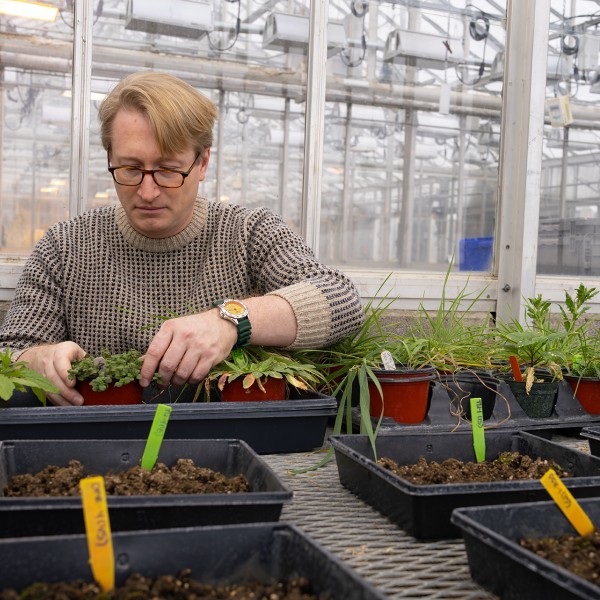Academic focus: Gene regulation and dysregulation in brain development
Research summary: The diversity of cell types and cell identities in the brain is astounding. My research is focused on understanding the gene-regulatory mechanisms that generate this diversity during brain development. My lab uses transgenic mice and human induced pluripotent stem cell derived neurons to model brain development. We use these models to then probe the function of human genetic variants linked to autism and how they dysregulate development. Our hope is that our studies will illuminate genetic mechanisms of human brain development and pave the way for therapeutics for autism and neurodevelopmental disorders.
What do you like to do when you’re not working?
I like to get cozy and read long novels. I have a kundalini yoga practice that keeps me grounded and connected to a community of strong women. I love spending time with my pandemic baby and watching her learn about the post-pandemic world.
What are three adjectives people might use to describe you?
Curious, passionate, funny
What (specifically) brought you to Cornell CALS?
The warm and collaborative community of stellar scientists brought me to Cornell CALS. I am very inspired by the storied history of molecular biology here. I am specifically excited about the opportunity to apply the expertise that Cornell scientists have in the biology of gene regulation to study brain development and human brain disorders.
Why did you feel inspired to pursue a career in this field?
I was always fascinated by human psychology and its complexity and diversity. I was inspired when I realized that neuroscience is advancing to a point where we may start to understand what makes the human brain the way it is. The recent human genetics discovery that genes involved in chromatin regulation are implicated in autism risk was a great inspiration to me, because my training is in gene regulation and chromatin biology. The thought that I may be able to contribute to our understanding of autism, which affects many families including mine, really motivates me.
What’s the most surprising/interesting thing you’ve discovered about Cornell and/or Ithaca so far?
The number of local farms that come to the Ithaca Farmers Market with their produce.





